
Debuting new groups has always been a staple in the K-Pop industry, but the recent global surge in K-Pop's popularity has led to companies intensifying their efforts, launching group after group at an unprecedented rate. In pursuit of quick success, these companies are striving more than ever to rapidly propel their groups to the forefront of the music scene. Yet, as the market becomes increasingly saturated with new entrants, there's a growing sentiment that the initial excitement and anticipation surrounding new K-Pop group debuts are diminishing. This raises a critical question: Are recent debuts losing their impact and becoming somewhat underwhelming?
To gain perspective, let's turn back the clock to the early 2000s, a period marked by fewer debuts but perhaps more memorable launches. The year 2003 stands out, with only five groups making their debut. These included notable names like Big Mama, BUZZ, Epik High, Morning, and TVXQ!, each bringing a unique flavor to the industry. The rarity and distinctiveness of these debuts back then seemed to create a more profound 'wow' factor and a sense of anticipation that might be waning in today's fast-paced K-Pop landscape. This shift in the industry dynamics prompts a deeper reflection on the evolution of K-Pop debuts over the years.
As the K-Pop industry continued to evolve, it saw the emergence of several incredible groups that left indelible marks on the music scene. Icons like Super Junior, Wonder Girls, Girls' Generation, Big Bang, 2PM, 2AM, and SHINee debuted, each bringing their unique style and fan base, further diversifying the K-Pop landscape.
The trend of new groups debuting continued to accelerate, particularly in 2009. This year was a watershed moment in K-Pop history, seeing the debut of now-iconic groups such as 2NE1, 4minute, Highlight (initially known as BEAST), CNBLUE, and f(x), among others. A staggering total of 21 groups debuted that year, signaling a significant uptick in the industry's growth and dynamism.
2010 continued this trend, expanding the roster to 26 new groups. This year was notable for the debut of sub-units like GD & TOP, illustrating the industry's creativity and the versatility of established artists.
However, the pace of debuts took an even more dramatic turn in subsequent years. By 2015, the number of new groups making their debut had soared to an astonishing number of 71.
In the last two years, the industry has reached unprecedented levels, with over 150 new groups debuting. Yes, this exponential increase highlights the immense popularity of K-Pop globally but on the other hand, it also points to a highly competitive industry where new groups are continually vying for attention in a crowded market.
This explosion in the number of debuts raises questions about the sustainability of such rapid growth and the ability of new groups to maintain the unique charm and 'wow' factor that have been hallmarks of K-Pop. It also prompts a reflection on how the industry can continue to innovate and stand out in an increasingly saturated market.
In an era where the K-Pop industry is witnessing a deluge of new groups, with debuts occurring almost bi-weekly, it raises an important question: Has the allure and excitement traditionally associated with an upcoming debut started to wane?
The past era of K-Pop debuts was characterized by a sense of anticipation and curiosity that seems to be diminishing in the current landscape. A prime example of this was the buzz generated when SM Entertainment, one of South Korea's leading entertainment companies, announced its plans to debut a large group, which eventually became known as Super Junior. This announcement sparked widespread curiosity and countless discussions: What was SM Entertainment's strategy behind debuting such a large group? How would it be feasible to manage and showcase the talents of so many members in a single group? How would they even fit on a stage, let alone perform cohesively?
The intrigue surrounding Super Junior's debut exemplified the magic of K-Pop unveilings at the time. Each new group was seen as a fresh, bold venture, potentially setting new trends and redefining the industry's standards. Debuts were not just about introducing new music and talent but were also significant cultural events, often accompanied by innovative concepts and groundbreaking marketing strategies.
As Highlight (initially known as BEAST) and MBLAQ were gearing up for their respective debuts, they inadvertently set the stage for what would become one of the most eagerly anticipated unveilings in K-Pop history. The burgeoning rivalry and fervent fan loyalty divided supporters into either Team BEAST or Team MBLAQ. This division wasn't just a mere preference; it was a testament to the magnetic appeal and buzz that these two groups had generated even before stepping into the limelight.
The public's excitement for these two groups was palpable. Anticipation was high with fans eagerly discussing and debating the potential impact each group would have on the K-Pop scene.
Even before their official debut, EXO had already amassed a significant fan following, setting the stage for a spectacular first performance. The magnitude of their debut stage was so explosive that it not only captivated their early fans but also left a lasting impression on non-fans. Observers were astounded by how quickly a male idol group could garner such a vast and devoted fan base in such a short period.
If you were part of the second or third generation of K-pop fans, you'd vividly remember the palpable excitement and high hopes that surrounded the debut of new groups. Back then, every upcoming debut was a major event, with fans eagerly anticipating what fresh talent and innovative concepts each new group would bring to the dynamic world of K-Pop.
However, in more recent times, this sense of excitement and anticipation seems to have diminished somewhat. Take, for instance, one of the highly anticipated groups of 2023: BABYMONSTER. Yes, there was a bunch of pre-debut hype and big interest in their impending arrival on the official stage, but their actual debut didn't seem to create the same buzz or widespread discussion it was expected to generate. They have high potential but a wise man once told me, "Potential is nothing, execution is everything." This shift in reception might be reflective of the changing dynamics in the K-Pop industry.
Moreover, the sheer volume of new groups debuting is astounding. Just consider the month of April this year, where no fewer than eight new groups made their entrance into the K-Pop arena: 4UNCE, ANTARES, ikling, VI'ENX, WE:A, WEUS, X:in, and XODIAC.
While it's true that the recent saturation of K-Pop debuts has led to a somewhat subdued reception for many new groups, it's important to note that not all debuts since 2022 have encountered this challenge. In fact, groups like NewJeans and IVE have not only met but exceeded the high expectations set for them, swiftly rising as frontrunners of the 4th generation of K-Pop.
The success of NewJeans, in particular, can be attributed to the careful and meticulous planning that went into their debut. ADOR, the agency behind NewJeans, adopted a debut strategy that was distinct and innovative, setting it apart from the norm in the K-Pop industry. This approach involved a thoughtful and strategic buildup that piqued public interest and created a strong buzz around the group even before their official launch. The result was a debut that resonated powerfully with K-pop fans, showcasing a fresh approach to introducing new talent in an increasingly crowded market.
Similarly, IVE's debut was met with significant anticipation and they quickly established themselves as a group to watch, thanks to their strong musical releases and charismatic presence. Both NewJeans and IVE's successful debuts serve as examples of how thoughtful planning, strong concepts, and talented performers can still make a significant impact in the current K-Pop landscape.
I find myself nostalgic for the days when the buildup to a group's first stage appearance was filled with anticipation and excitement. It used to be an event marked by a sense of discovery and wonder, as fans eagerly awaited to witness a new group's debut performance. This anticipation was not just about the music; it was the unveiling of a new act's identity, style, and potential impact on the K-Pop scene.
Additionally, there's a noticeable trend in K-Pop music evolving towards shorter song lengths and more repetitive tunes. This shift raises the question: where has the distinctively funky K-Pop vibe gone? The genre was once renowned for its unique blend of vibrant, eccentric styles, both in music and in visual presentation. Iconic groups like Wonder Girls, 2NE1, 4minute, Orange Caramel, and MissA exemplified this with their bold stage outfits and hairstyles, each contributing to K-Pop's signature flair.
These groups set themselves apart not just with their music, but also through their distinctive aesthetics, which were as integral to their identity as their sound. Their dynamic performances, coupled with memorable fashion choices, played a crucial role in defining the K-Pop experience. This vibrant creativity seems to be less pronounced in the current K-Pop scene, with many groups opting for more mainstream, globalized styles.
At the end of the day, yes, the K-Pop industry must appeal to the masses, and K-Pop is now bigger than it has ever been, becoming one of the most popular genres of music globally -- but it feels like the charm that made me a fan in the first place is fading. The sheer volume of groups debuting in rapid succession has potentially diluted the unique charm that each debut once held. Fans are now inundated with an array of choices, making it increasingly challenging for new groups to stand out and for their debuts to generate the same level of hype and interest as seen in the past. It's much easier to choose a favorite among 10 debuts compared to 100.
This shift also reflects on the industry's evolving dynamics. Companies are now more focused on capitalizing on the booming global demand for K-Pop, leading to a more formulaic approach to debuts. While this strategy has its merits in terms of business and reach, it raises questions about the impact on artistic diversity and the long-term engagement of fans.
Many entertainment hope that among these numerous debuts, one will resonate with the audience and achieve breakout success. This strategy, while understandable from a business perspective, often overlooks the importance of nurturing each group's unique identity and the special connection that forms between artists and fans during the lead-up to their debut.
The consequence of this rapid-fire approach is a lessened sense of individuality and anticipation for each new group. Where once debuts were carefully crafted and eagerly anticipated events, they now risk becoming just another addition to an already crowded marketplace. The challenge for the industry is to balance the desire for commercial success with the need to preserve the magic and excitement that have long been integral to the K-Pop experience.
In light of these changes, the K-Pop industry may need to rediscover the art of creating anticipation and delivering unique, memorable debut experiences. This could involve innovative approaches to music production, storytelling, and fan engagement, ensuring that each new group can offer something distinctive and exciting in an increasingly crowded market. Additionally, a more selective approach to debuts could be beneficial. Reducing the frequency of new groups entering the scene might help in preserving the specialness of each debut, preventing the market from becoming oversaturated. Ultimately, this could contribute to a healthier, more dynamic K-Pop industry, where quality and uniqueness are valued over sheer quantity.
But what do you think? Do you feel like debuts aren't really worth that much hype anymore?

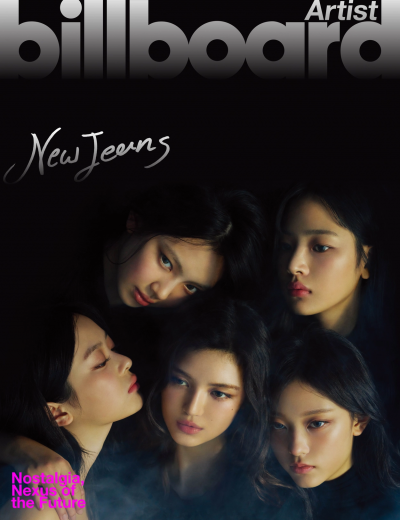
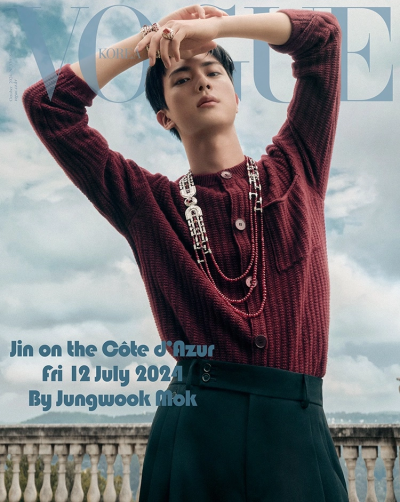
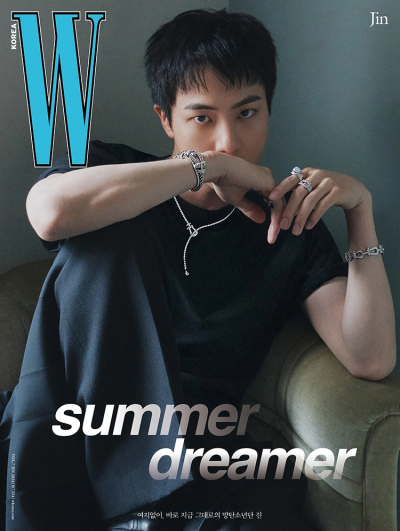


 SHARE
SHARE

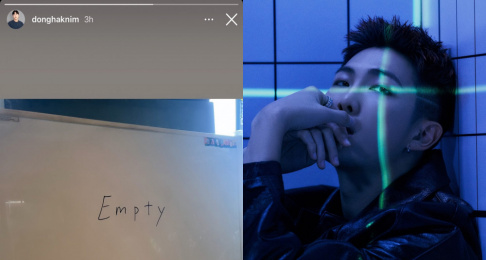

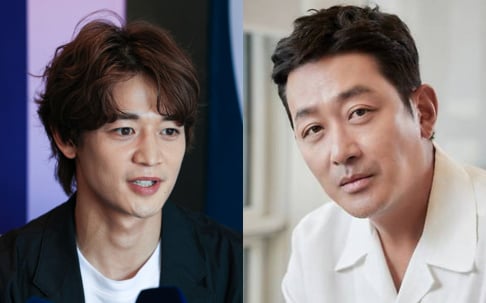
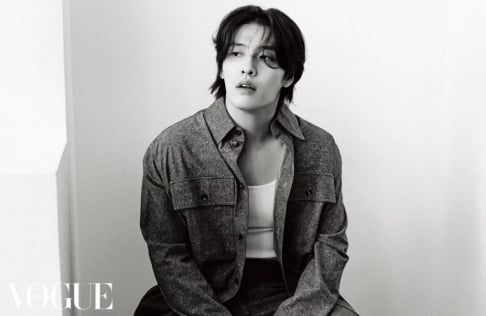
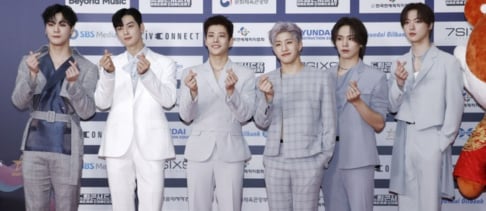

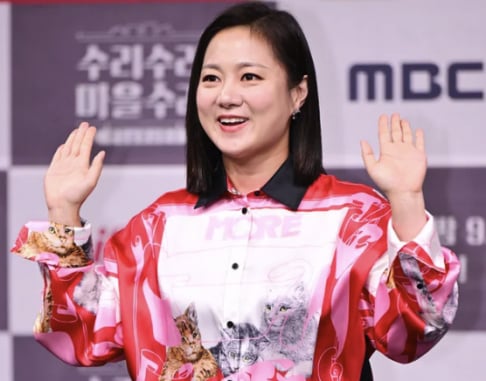



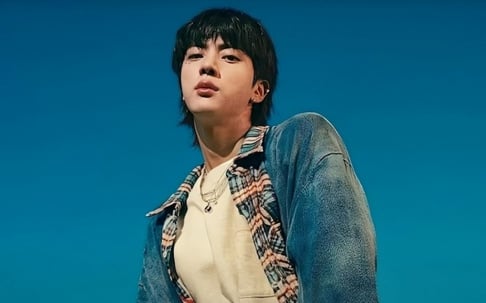
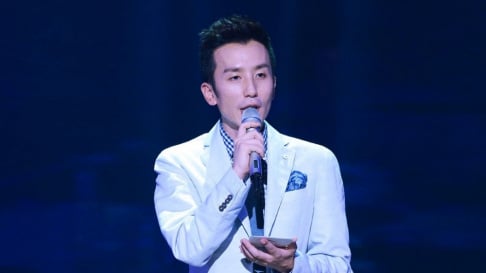
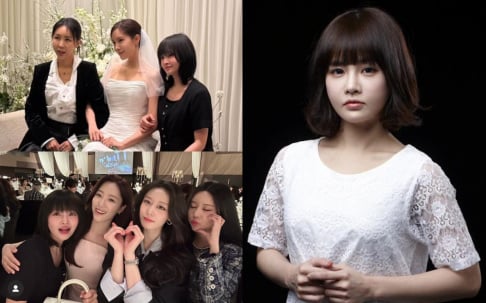

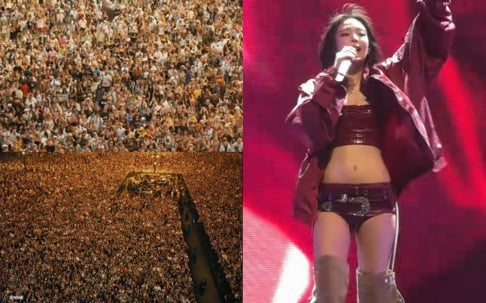


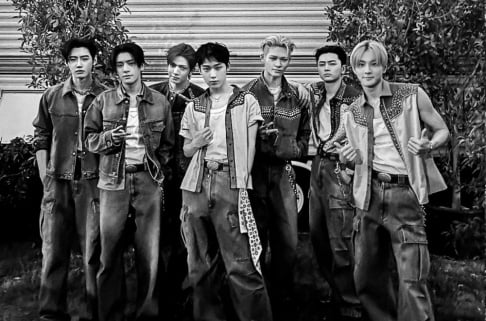
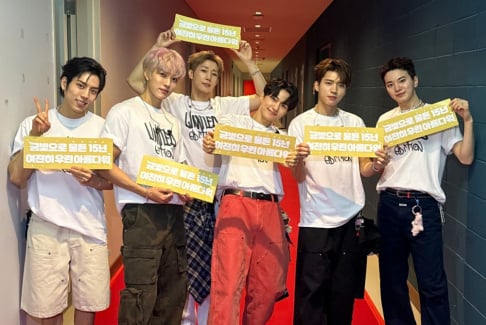
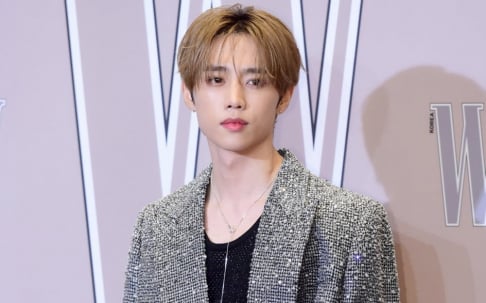


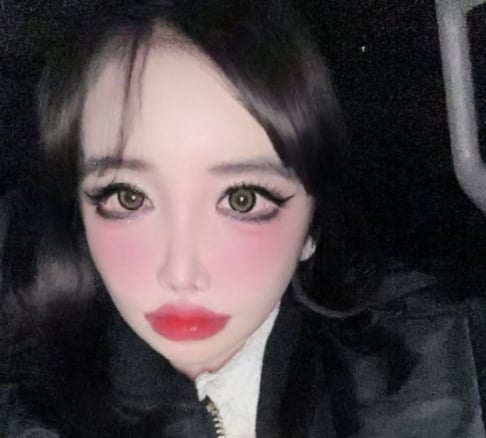
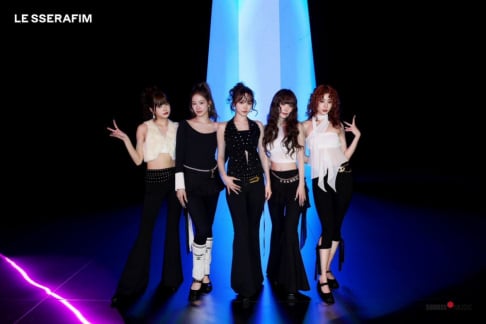

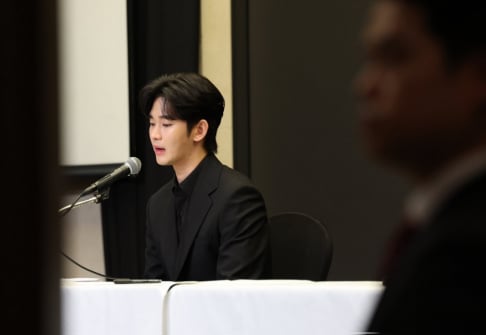



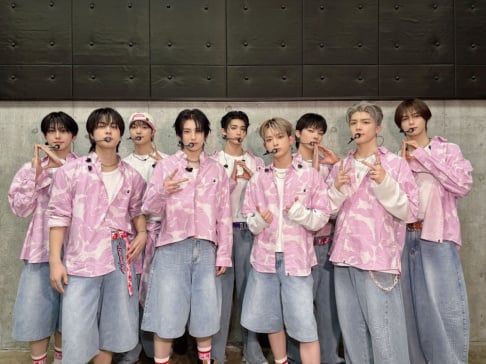
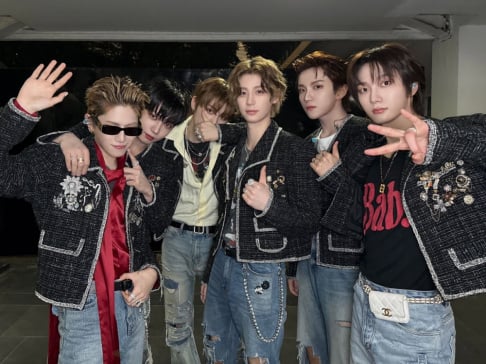
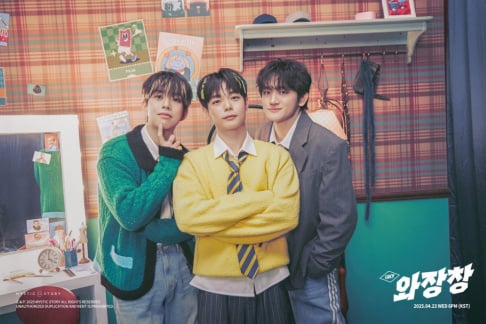
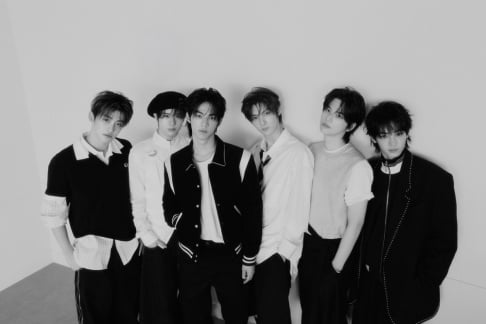


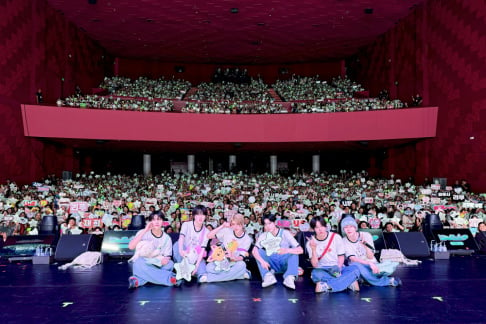

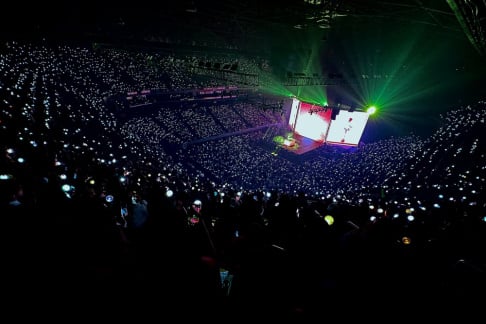
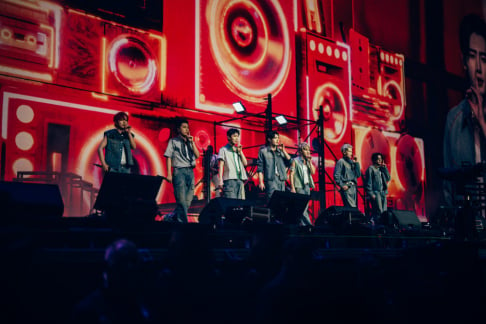
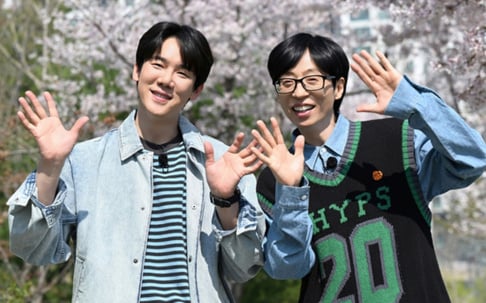
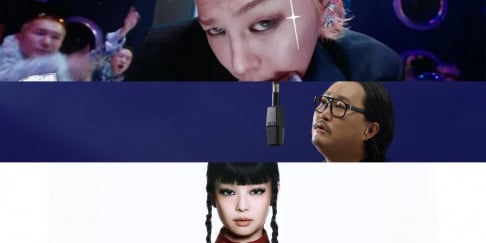
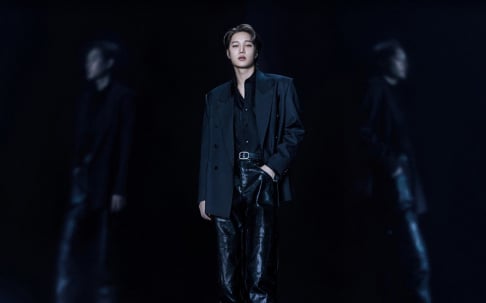






2ND gen had that fire 🔥
for example: blackpinks airport departure
2NE1 airport departure:
lol
5 more replies